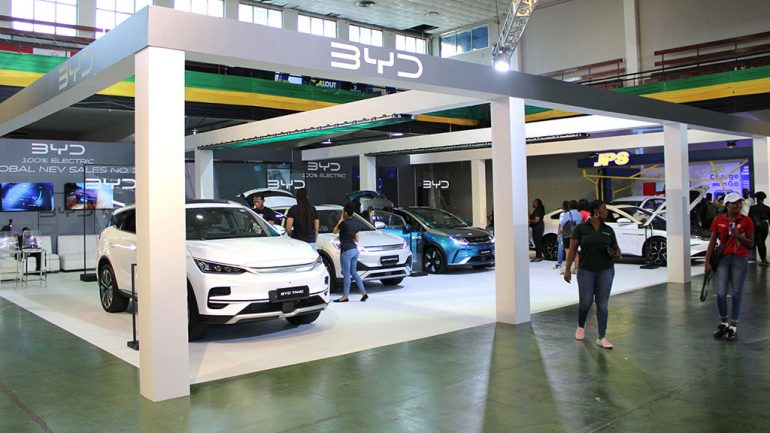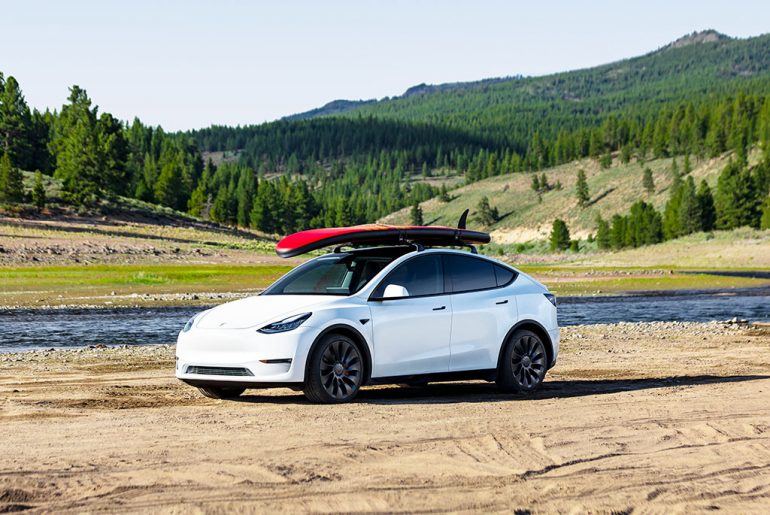
Chinese electric vehicle (EV) manufacturer BYD, backed by Warren Buffett, is poised to surpass Tesla as the world’s leading seller of electric cars, with the fourth-quarter data expected to confirm this shift. Despite challenges in other sectors of China’s economy, the EV industry has maintained robust growth, fueled by the country’s dominance in both EV production and sales. In 2022, China accounted for 64% of total global EV production and 59% of EV sales, according to the World Economic Forum.
BYD’s strategy of focusing on affordability has contributed to its competitive edge against Tesla. While Tesla primarily offers premium vehicles with price tags ranging from $40,000 to $100,000, BYD has targeted a broader market with more budget-friendly options. The BYD Seagull, priced at approximately $10,000, gained popularity and became the fourth best-selling EV in China. Other BYD models, such as the Song, Qin Plus, Dolphin, Yuan Plus, and Han, have also secured positions in the top 10 best-selling EVs in the country, outperforming most Tesla models.
Also, don’t forget that you can get discounted new car pricing with a free quote through qualified local dealer partners.
Seth Goldstein, a Morningstar equity strategist, emphasized BYD’s success in serving a wider customer base with affordable vehicles, stating that the strategy has proven effective in growing sales volumes. He suggested that for Tesla to maintain its leadership in global EV sales, it may need to consider offering more affordable vehicles to compete with BYD.

China’s control of the EV battery supply chain and its emphasis on building extensive charging networks have further contributed to the success of Chinese EV manufacturers. Batteries constitute a significant portion of EV costs, and China’s advantage in controlling the supply chains, manufacturing infrastructure, and critical material mining for batteries has positioned Chinese companies at the forefront. Chinese battery manufacturers CATL and BYD collectively control more than half of the market, with up to 90% of the EV battery supply chain relying on China, according to a Morgan Stanley report.
Moreover, China boasts the largest charging infrastructure network globally, particularly along major highways, alleviating concerns about EV range and overcoming road trip anxiety. The government’s focus on developing this charging infrastructure has played a crucial role in encouraging EV adoption.
Despite the discontinuation of an EV subsidy scheme in 2022, China experienced record EV sales in October, and projections suggest strong performance in the last months of the year. Rho Motion data indicates that 2023 is expected to be another significant year for China in terms of EV sales.
While the potential dethroning of Tesla by BYD may not be cause for celebration in Elon Musk’s camp, it highlights China’s growing influence in the global EV market. BYD’s success, coupled with China’s commitment to EV infrastructure and supply chain control, signifies a broader shift in the dynamics of the electric vehicle industry.
Source: Business Insider